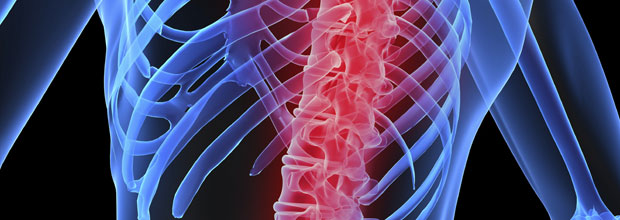Our Philosophy of spinal care.
Most people who suffer from a painful back or neck have a short episode which gets better with time and gentle exercise. For some, the severity of pain is very worrying, and reassurance from a specialist is helpful to get you through.
Recurring pain, particularly if severe, can lead to consultation with a physiotherapist, chiropractor or osteopath. Local heat, massage, exercises and gentle manipulation is often enough to manage the illness long term.
Surgery has a place when pain is persistent, severe enough to interfere with quality of life or employment, and progressive or recurring. It generally works best for nerve compression pain; known as ‘root pain’; pain that radiates down a limb or limbs, or, rarely around the chest wall. Investigation, usually with an MR scan, helps show exactly where the nerve, or spinal cord, is compressed, making it clear where it needs to be freed. The results of surgery in these situations is generally very good, and the risks for otherwise healthy people are usually small.
Occasionally surgery has to be more extensive; the spine may need to be ‘fixed’, with metal screws, plates or rods, for instance for a traumatic fracture, a tumour, or an infection. If we do not see these serious conditions on the MR scan, this sort of extensive surgery is usually unnecessary, and can be harmful.
Your assessment by us will look to see what the likely diagnosis is, and whether it is best treated through a physiotherapist, through a pain specialist, with a localised injection, or with an operation. Surgery should be considered the last resort in most situations. When the most serious surgery needs to be considered we will discuss your case, with your agreement, amongst colleagues in a multidisciplinary team (MDT), to ensure correct decisions are being made. After your treatment we will ask for your anonymised case to be entered into a UK/European wide database, to ensure our standards remain high.


